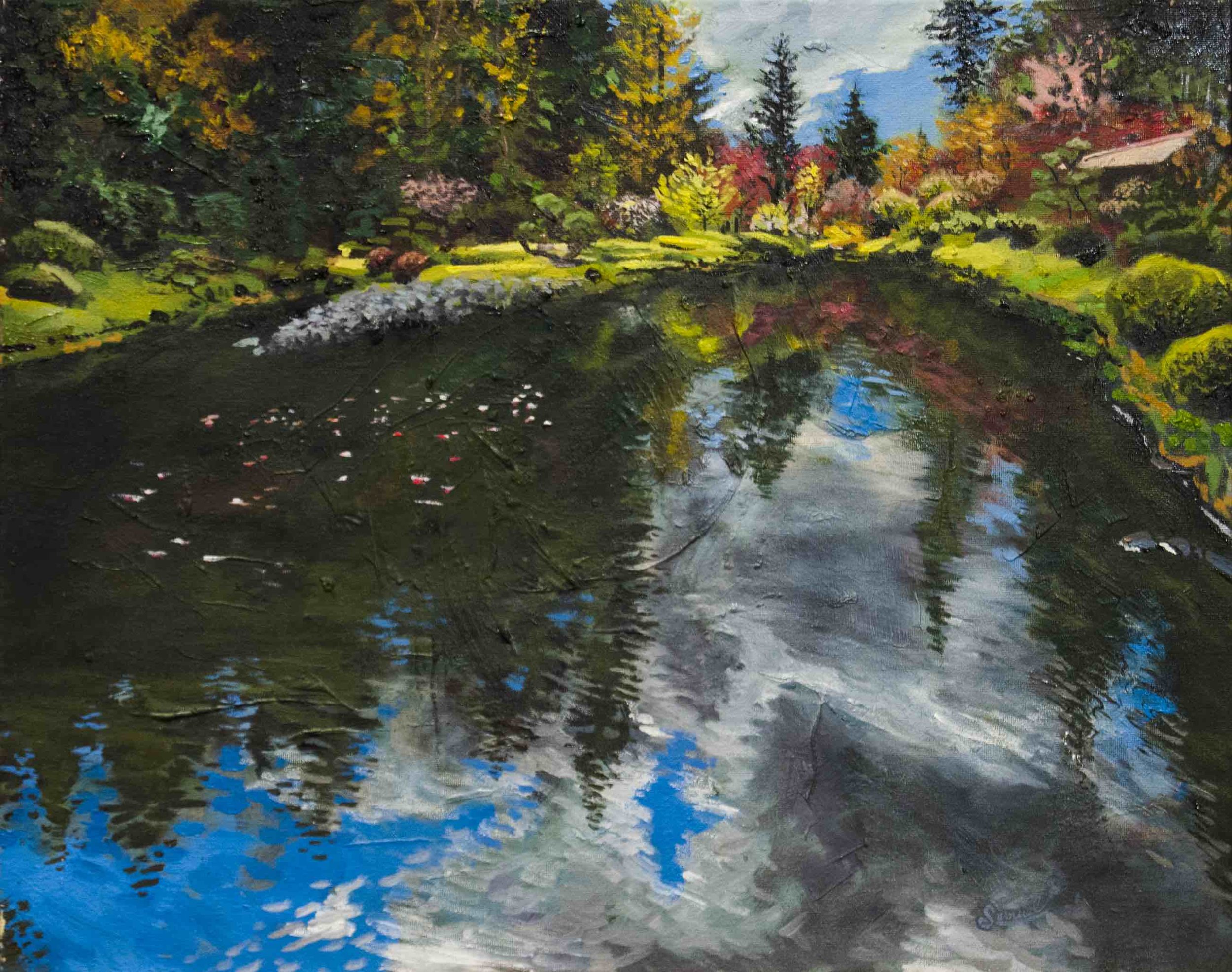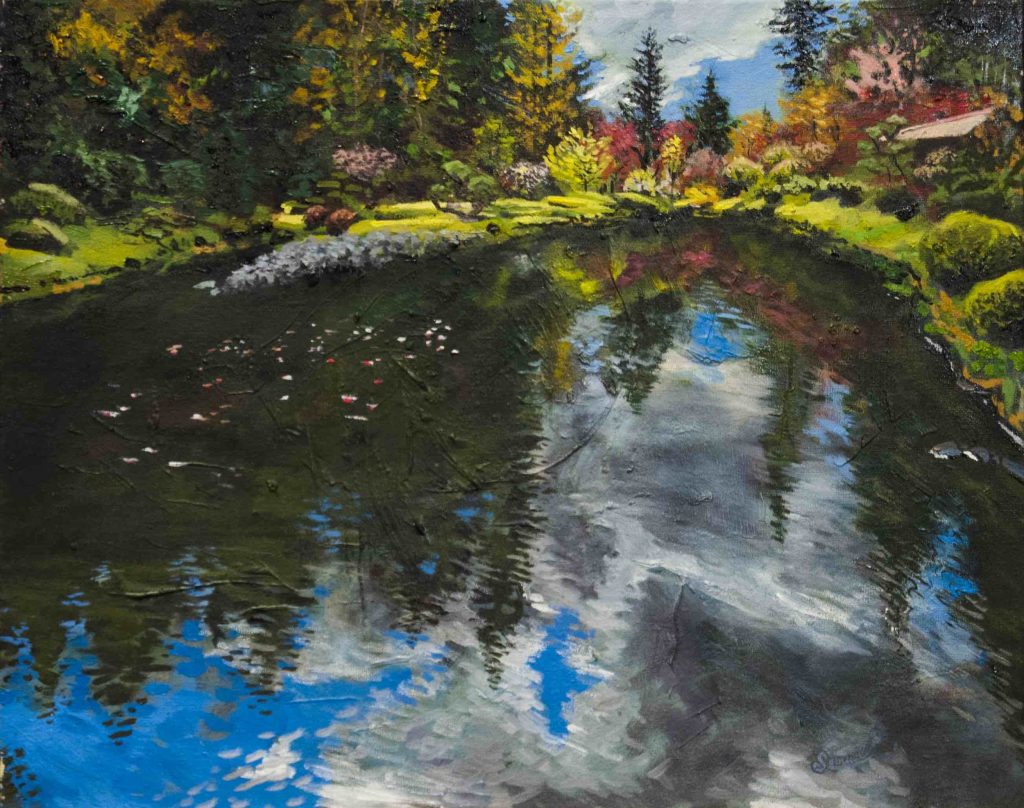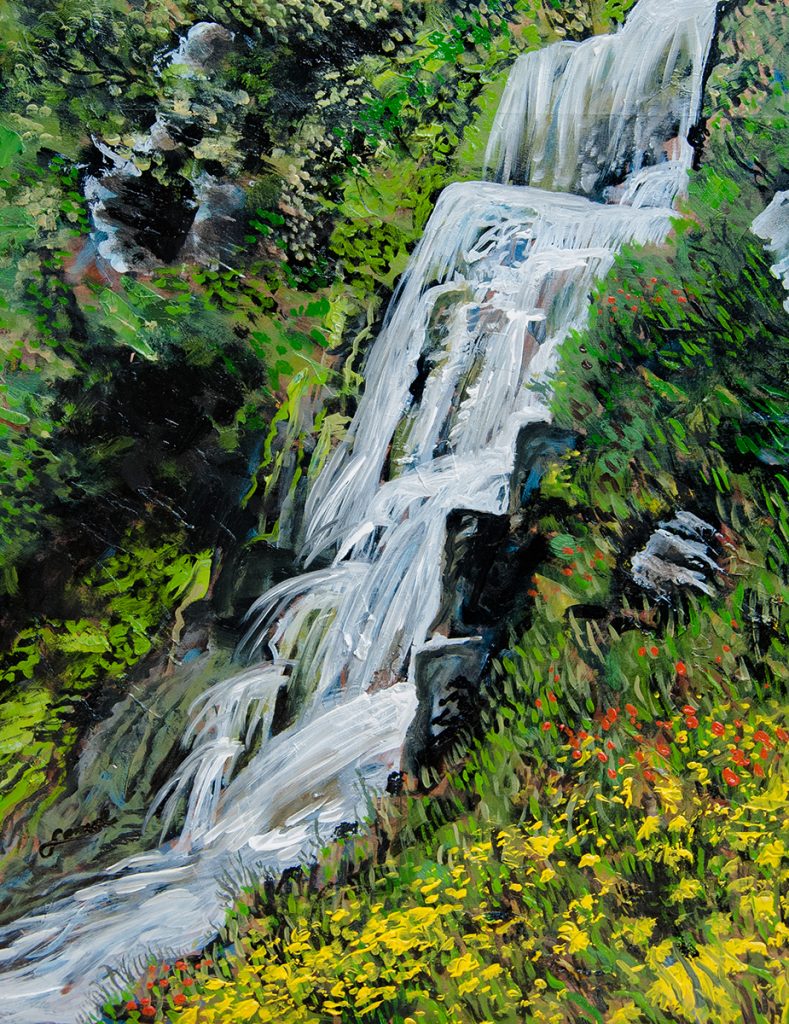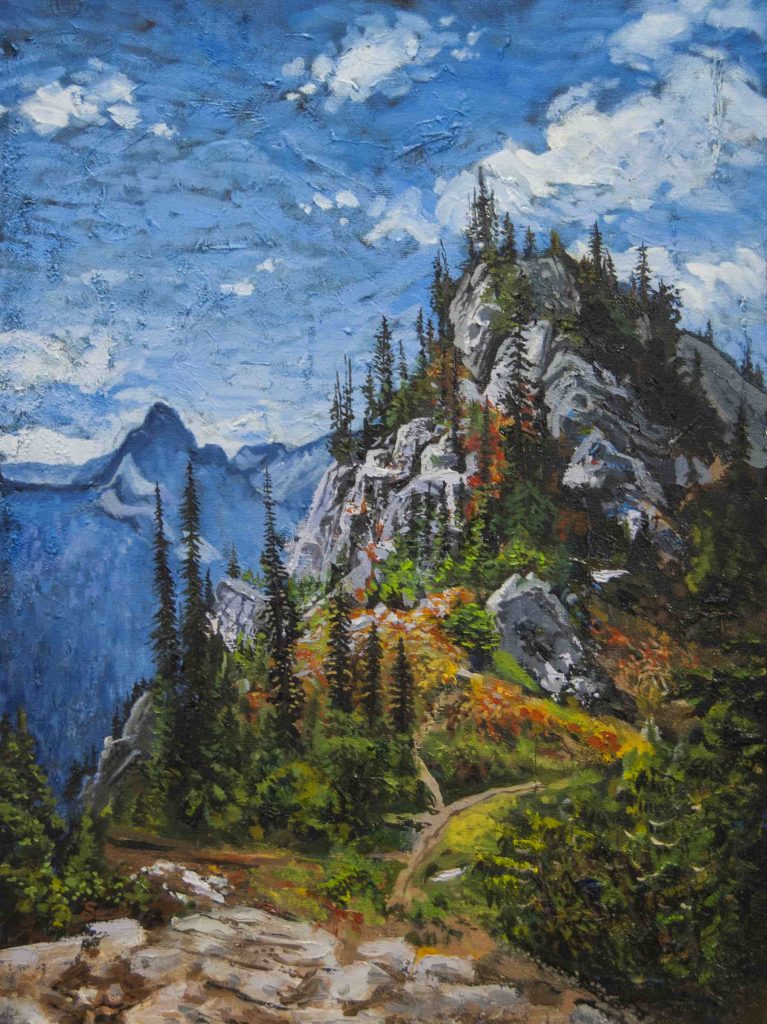Issue 3
Articulations: A Fragment Fragment Fragment

Articulations a book of poetry I made that investigates how similarity (whether phonetic, syntactic or semantic) is used to create a sense of cohesion in poetic language. The poetry in the book is constructed from a corpus of several million lines of poetry that I extracted from Project Gutenberg, a database of thousands of texts in the public domain. Using a phonetic dictionary of English called the CMU Pronouncing Dictionary, I created a computational model of phonetic similarity that assigns a vector to each line of poetry in the corpus based on the phonetic features of each line. These vectors are constructed in such a way that two lines with similar sounds are “closer” (i.e., more similar) than the vectors that correspond to two dissimilar-sounding lines.
Using this set of vectors to quickly calculate similarity among all of the lines in the corpus, a computer program constructs the text of the book using a technique called a “random walk.” The program first selects a line of poetry from the corpus at random, and then finds the line of poetry that sounds most similar to that line and adds it to the output. The program then finds the line of poetry that sounds most similar to that line and adds it to the output, and so forth, excluding any line that has previously been included. The end result is a kind of poetry where cohesion is achieved only through phonetic similarity. It’s a lot of fun to read out loud!
The text of Articulations published by Counterpath was just one of several “versions” of the text produced by multiple runs of the program. The excerpt presented here is taken from one of the previously-unused versions.
More information and source code for the phonetic similarity vectors used in Articulations can be found on GitHub: https://github.com/aparrish/phonetic-similarity-vectors
Articulations was published by Counterpath Press in 2018.
–
And Then She Went Away. She Went Away, Away, She Went Away. She Went Away.
Thunder, lightning, fire and rain, and laughter, and inn-fires. After the fire of London and another of a pastoral vein: — the venerable original the adolescent and the venerable, richly the upland and the vale adorn, buddha, the holy and benevolent, of many a lover, who the heaven would think who have made me thus unworthy of a name or maybe there, like many another one and many a worthy dame.
And many a wonder seen: many and many a winter day and many a winter day on many a windmill turning in many a winding loose meander, in many a wood and many a field, with many a pull and many a fee, with many and many a call; with many a halt and many a call, with many a sigh and many a tear, many a sigh, and many a tear, many and many a year.
For many and many a year. Of many a land for many a year, for many a year, and many an Age, for many a year, on many a distant main — Of many a race, and many a name, in many a song, and many a merry Tale many a man and many a maid, many a man and maiden!
It stirred of many a man and many a maid, honoured of many among men.
The name of many a sturdy one while many a minister below, when I believed in many a mystery by many a green familiar lane full many a mighty name many a merry meeting we ran him at many a meeting on many women many men rely many, many welcomes, young man, anyway.

Any one else.
Nor any one else. Nor shall any one where she knelt. In friendly way, when she wanes and she went away.
And then she went away. She went away, away, she went away. She went away — went whistling too, she went away with song, away with silks, away with lawn, away with fear, away!
Away, away with the witch of spray away — away — without a wing, Wasting away — away — away, away, away, away!
Away, away, and away, away, and away, and away. Away and away. And away — away, a-way, a-way, then — away. Away. Then away — away — away. Away, away. Bear me away, away, and bear me away! — away!
Away, away, and anywhere. We were weary, and we still away, away we went, — far away, while low we weep.
O Willie was a witty wight, e-we wa-wa, wa-we-yea, wa-wa, wa-wa, wa-we-yea; ah. Why was Charlotte there!
But the sea was far away. Was far away. Is far away, And far away far and far away: that far and far away.
And far away and far away — far away, far away. Far, far away; far away. Far, far away; far, far away; far, far away.
Are far away; from far away. If you, from far away, far away, for fear far, very far away, or very far away!
From very far away; when very, very far away, are very friendly, very wise; he very, very rarely feels to very, very little keys, to the very lovely, very chaste, and very dear, which feeds on tears even to the very grave, to the very dregs of its death?
Then, to the very gates of heaven, be there of heavenly day. A very deadly venom shed. Of every deadly sin a deadlier blade, he blesses every friendly deed and every free donation; for them is every cherished dream and every deed we do. From every breeze and every bounding wave, and every pang of every grief gave every tint and every gleam; every bend and every creek and every creed, and every race, and every road and every street and every bird and every deer, and every river in her bed from every danger, every foe, forever and ever, amen!
Forever and amen. And ever. Amen. Every man and every maid never a man and never a maid every woman, every man, every woman, every maid: every morn and every night every morning and every night every night and every morning, in every note and every line for in every line, and in every verse and every limb, and every nerve of every virgin element, — never, never believe never, believe me, and ever believe.

Must ever bleed!
And ever be blest and ever be the best.
But ever be the best. And ever been the best. Under the bed….
And other days. In other days. With other days, with other gifts stronger than they, stronger than I.
Stronger than steel smothered in straw. Smothered in snow. Under the snow; under the stone. The stones under On the stone then on the stone, on the stone it read, in stone austere, and stone to stone, — from stone to stone.
From stone to hollow stone, from this Rule are noticed in footnotes. No priest in sable stole, but no cheerful notes came from it, no fearful king, no statesmen pale, no threat, no sting, no fear; so mournful, yet so sweet. So sweet. So magical! — so slight, so sweet, so sweet, so sad, so swift, so slow, and yet so soft, so sweet, so low, so lithe, so swift, so soft, so white, O so white, O so soft, O so sweet is she!
And it should be — so. So. So. So full, so deep, so slow, O soul, O soul, rejoice. No; say Soul to Soul. Soul to soul, ay, and soul to soul.
Ah, so slow. So sad, so true — oh, so true!
So kind, so true, all so kind?
Ah, so kind. Quite so kind (That’s so. Quite!) the night’s so cold. The Night’s slow care.
Its slates, like wings well, it’s strange, all is strange, well, that is strange: and flats that (when it rains) as sweet as when in distant years nigh twenty years since it was new — the same strange sweetness which in years ‘Tis twenty years and more, since here, twenty years hence.
For twenty years. Twenty-four years. With me for eight years. For their reward; for your hair. Across your hair. In your care, whet your tongue than your tongue than your love?
Of your name. What’s your name. What is your name. What is your will?
Or what you will; what you will…
Into what you wish, oh, would you wish, I wish you would stay; I wish you well, you — we will wait. We woo while yet we may. And we will when we may; and we’ll make merry whilst we may.
Pay me well, pay me well, let us be merry while we may. My boy “Let there be no fuss about me, bury me with my men.”
Say will you marry me, my pretty maid. When you marry merry maid. When you marry merry maiden, when a merry maiden marries, when a man marries a merrier man, — A merry mind my merry men, came merry, merry May.
We’ll be merry men. Any Man may be rich. Many, many years!
— How many, many, many years ago. In it how many, many mansions are. But many men have many minds, by many names men call me — “By many names men call us; by many names we call her, — as many men.”
As men and men, — called me names. All men scorn me, on him torments pour.
Spent storm’s rage, long, straight stems O tall straight stems. Stalwart and straight strong and stalwart ones: Englishmen stalwart and true, come, then, simple and stalwart called work, must sentence pass, the pageants all were past.

The patent lost atom be lost, and be lost.
O lost, beloved. I loved it so long so loved so long; so long, so long. Where so long, so long he’d lain; where he so long had lain: where I so long have lain, where I float.
Yea, slow to wrath, my store untold and told them a story and the story been told. Of him is the story told. That hears the story told: — to hear the story told. And to hear the story told.
To hear a story told he told a story to her, too low or too high, to hallow all. Iole, ole, ole. Iole, ole, ole, ole. Blow high, or blow low, blow high, blow low — oh, look and behold O look and behold and lo, and behold!
Then lo, and behold. Mellow and slow. Lento, -a= slow. To a snail, to a strain into a tree.
Into a ditch. To a tin pail. Little to eat — little Two Eyes?
Two I love, into a laugh.
Into a field, into a field of wheat.
Wheat in the field, in the field. In the fields. Thus in the fields in the fields of May!
To the fields of May. Of all the fiends of hell. In the fields of Heaven. As of old, in the fields of heaven, the feast of love in Heaven. Of uneventful years; and even love of wine, of evidence well enough.
